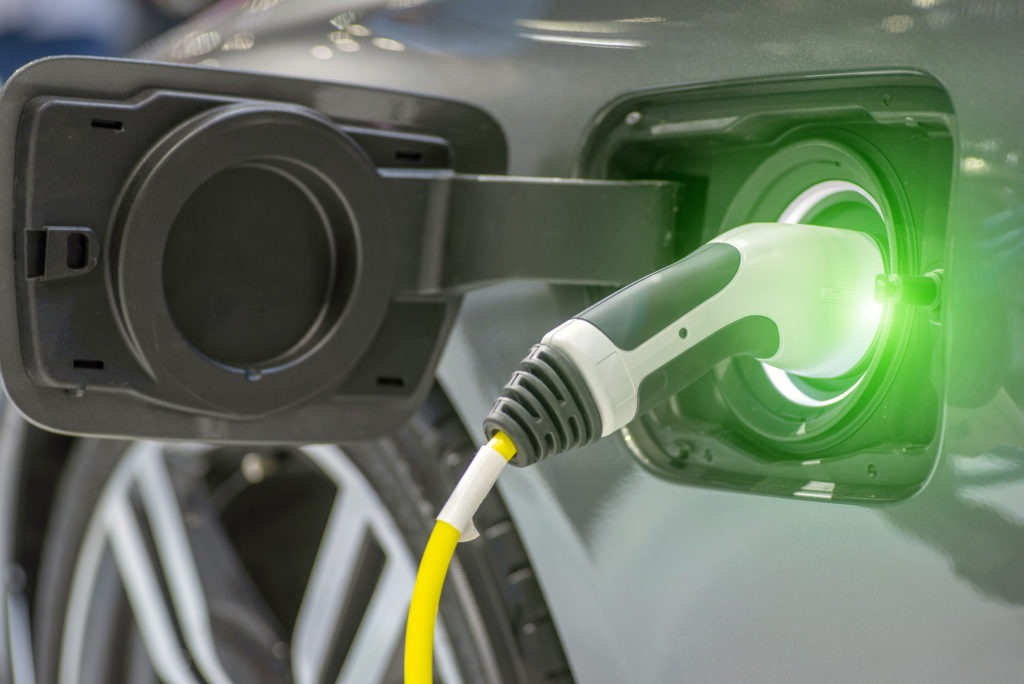Electromobility accelerated by COVID-19 in UK
11 January 2022

COVID-19 pushed the UK towards sustainability and electromobility, the latest data from Volkswagen Financial Services UK (VWFS) has revealed.
Over a third (38%) of the 2,012 respondents surveyed said they are making more of an effort to go green since the pandemic began. This includes buying more plastic-free products and recycling, with positive attitudes towards electrically-chargeable vehicles (EVs) also on the rise.
‘The pandemic has been a life-changing experience for everybody and as we collectively acclimatise to a new normal, many people are making a proactive effort to create a greener, more sustainable future,’ said Mike Todd, VWFS UK CEO.
Electromobility on the up
The green COVID-19 revelation brought with it an increasingly positive perspective on the adoption of electromobility. In the December study, VWFS found 26% of respondents are more likely to buy an EV, up from the 17% reported in May.
Environmentally-friendly transport is also on the rise since the arrival of the pandemic. People are more likely to buy an EV than use public transport (24%) or buy an internal-combustion engine (ICE) powered vehicle (19%).
There is even flexibility among those who acknowledged they do not have plans to live more sustainably in the future. One in 10 of these respondents admitted to being more likely to buy an electric car now, compared to before the pandemic.
The study also emphasised the importance of private vehicles, with less than one in five (17%) respondents claiming to be comfortable using public transport. Given the infectious nature of COVID-19, and the Omicron variant in particular, this is hardly surprising. In fact, 68% of people said they feel very comfortable driving their own car.
‘From an automotive perspective, the UK’s electric-vehicle revolution is accelerating like never before and I am really excited to say that mainstream adoption of EVs is getting closer every month,’ Todd added. ‘Of course, there is a long way to go on our journey to zero-emissions transport, but the British public have put down a clear marker in this research that they are enthusiastic about living more sustainably.’
A good year for EVs
VWFS confirmed a surge in demand for electric cars, which it said more than doubled in 2021. November was the best month ever for EVs in the UK, with registrations of new plug-in cars accounting for 28.1% of the market.
This was almost treble the 9.6% share of diesel cars, with the addition of mild-hybrid (MHEV) models. Including hybrid-electric vehicles (HEVs) at 8.3%, more than one-in-three cars registered in the country in November used an electrified powertrain.
November was the flagbearer for an electric 12 months. 2021 was the most successful year in history for EV uptake, with more battery-electric vehicles (BEVs) registered than ever before. BEVs and plug-in hybrids (PHEVs) surged in popularity last year, gaining an 18.5% market share, up from 10.7% in 2020.
Correspondingly, VWFS saw a 112% annual increase in the number of EVs it financed in 2021 compared to 2020. Given the higher upfront cost of an EV compared to ICE vehicles, the attraction of a finance option is apparent.
Outside of the new-vehicle market, used electric cars also enjoyed increased attention. The VWFS study also found 32% of respondents are likely to buy a second-hand EV for their next automotive purchase.



